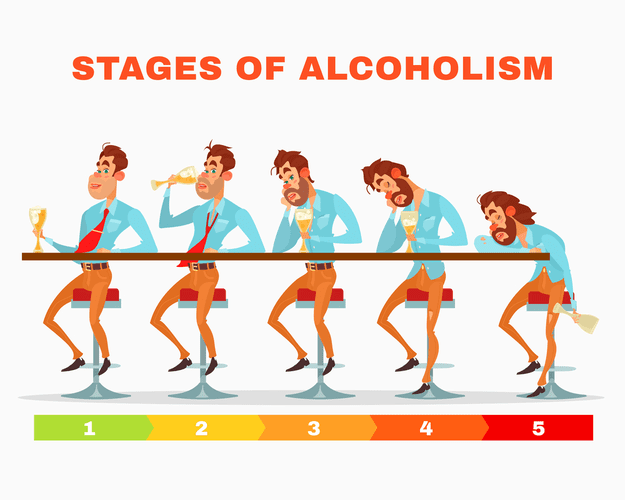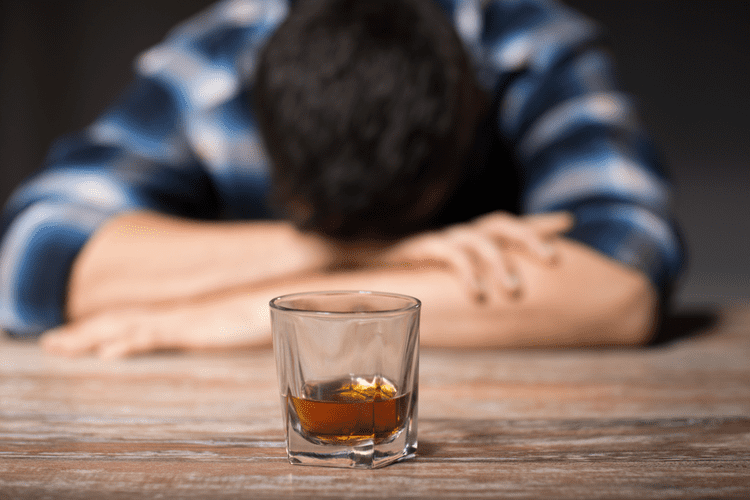The final analysis sample was 345 participants, which represents about 90% of the original 383 participants. Thirteen additional outliers were included but reduced in value to one unit greater than the nearest non-outlying value.42 Variables included in the analyses were relatively normally distributed. If you feel that any of our content is inaccurate, out-of-date, or otherwise questionable, please contact at For information about the terms governing the use of our website and how we handle data, please refer to our Terms of Use and Privacy Policy. The number of criteria a person meets determines whether they have AUD, and if so, the severity of the condition. It can be a part of celebratory occasions and fun, or an occasional way to unwind after a long day.
- Given that genetic factors and childhood history are strongly linked to narcissism, it doesn’t seem that alcohol alone can directly cause narcissism.
- By recognizing the unique challenges faced by those struggling with an alcoholic narcissist dynamic, interventions and treatment options can be tailored to promote healing, personal growth, and recovery.
- Research supports the link between some narcissistic traits and alcohol use.
- Just as narcissism doesn’t necessarily cause alcohol use disorder, alcoholism doesn’t necessarily cause NPD.
- The results speak to the effects that different types of narcissism have on alcohol use, alcohol problems and attitudes towards alcohol problems among young adults.
- Individuals who are experiencing these symptoms would benefit from considering a treatment program for alcohol abuse.
- Being close with an alcoholic narcissist can be emotionally draining, and it’s crucial to take care of yourself.
How to Live Together with an Alcoholic Narcissist?
- But it’s unlikely they’ll reveal the whole, unadulterated truth, regardless of how much they drink.
- However, some with NPD may not be aware of how their behavior affects others.
- But their alcoholic personality leads them to act in ways that are similar to a narcissist.
- Compared to grandiose narcissists, people in this group were more likely to acknowledge that they had a problem.
- Research also supports the idea that people with narcissism are more likely to develop impulsive and abusive behaviors when using alcohol, drugs, sex, or even social media, leading to an increased risk of addiction.
Having a support network can provide emotional validation and guidance during challenging times. Establish clear boundaries to protect your emotional well-being, being clear about what behaviors you’re willing to tolerate and what your reaction will be if those boundaries are crossed. Dealing with an alcoholic is demanding, and coping with a narcissist is far from easy, so when you combine the two, you have a real challenge. They will fabricate Sober House stories of victimization or exaggerate minor issues to gain validation and emotional support while using their drunken state to excuse their behavior. While on a drinking binge, a narcissist may start fabricating stories to secure the attention and sympathy of those around them. Narcissists think they’re better than everyone else and even that they’re unaffected by the effects of alcohol abuse due to their inherent superiority.
Alcoholism Treatment Options

The individual may engage in reckless behaviors, neglecting responsibilities and relationships in pursuit of their own desires. This self-centered behavior can strain relationships and perpetuate a sense of entitlement and selfishness. Alcohol can act as a coping mechanism for individuals with narcissistic tendencies, providing temporary relief from feelings of insecurity, low self-esteem, and emotional vulnerability. The disinhibiting effects of alcohol may temporarily alleviate the need for constant validation and bolster a sense of self-worth. Treating NPD can be challenging and may require long-term therapy, but working alongside healthcare professionals can help people reduce symptoms. With treatment, those with NPD can live healthy lives with positive relationships.
Narcissism and Alcohol Problem Recognition, Expectancies, and Evaluations

For instance, research has shown that genetic predispositions can place a person at risk of NPD. Childhood rejection or experiences like child abuse and neglect are also linked to NPD [2]. Another https://parliamentobserver.com/2024/05/27/top-5-advantages-of-staying-in-a-sober-living-house/ study from 2019 found a link between drinking and the narcissistic traits of devaluing and entitlement-rage. Threatened egotism was listed as a factor that motivated increased alcohol use.

Alcoholism And Narcissism
- Many of the symptoms of NPD are thought to be the result of a sensitive or vulnerable ego.
- Its mission involves educating, supporting, and empowering people in their pursuit of well-being.
- Enablers are often family members, friends, or partners who feel responsible for the narcissist’s well-being and believe that they must do whatever it takes to make the narcissist happy.
- Treatment for co-occurring narcissism and alcohol addiction typically involves a combination of therapy and medication.

